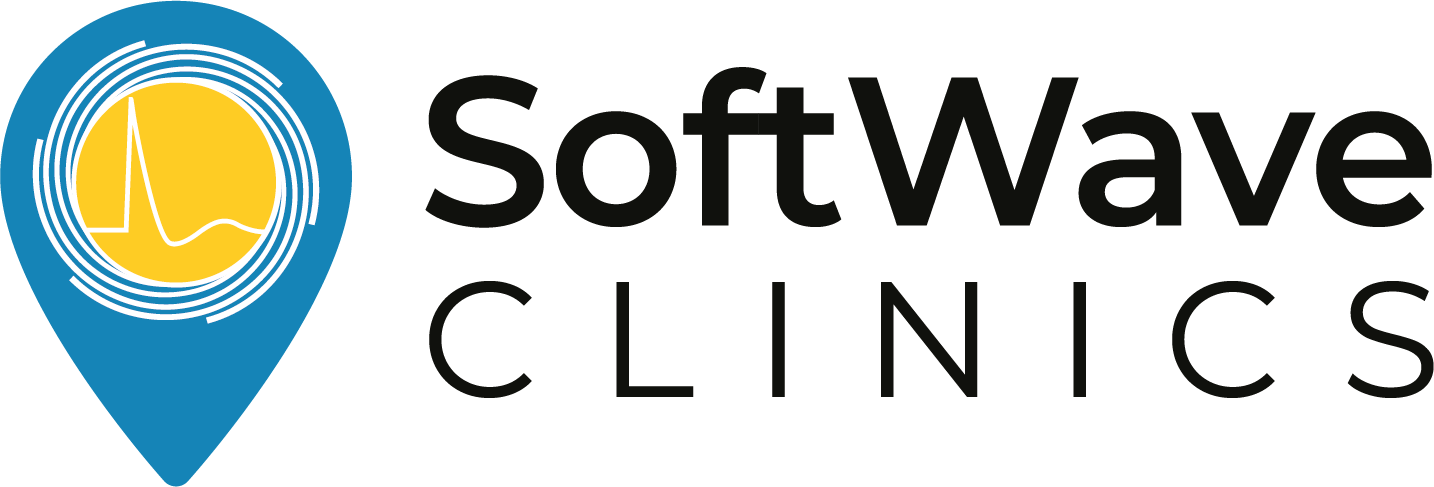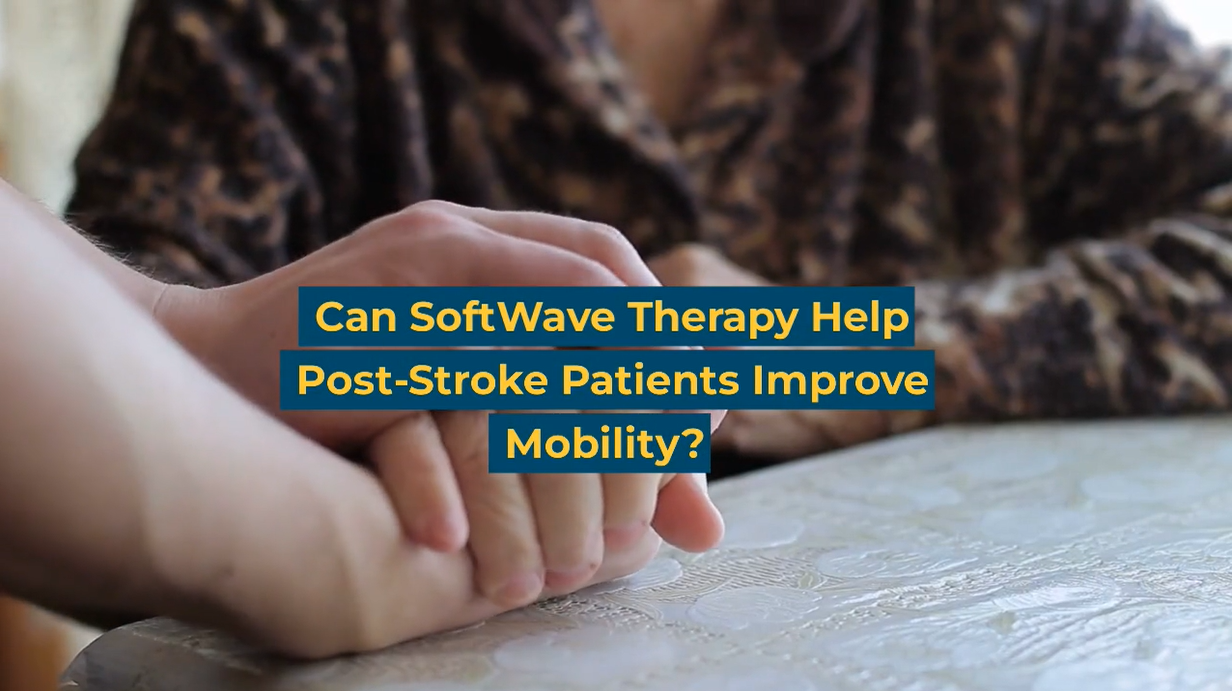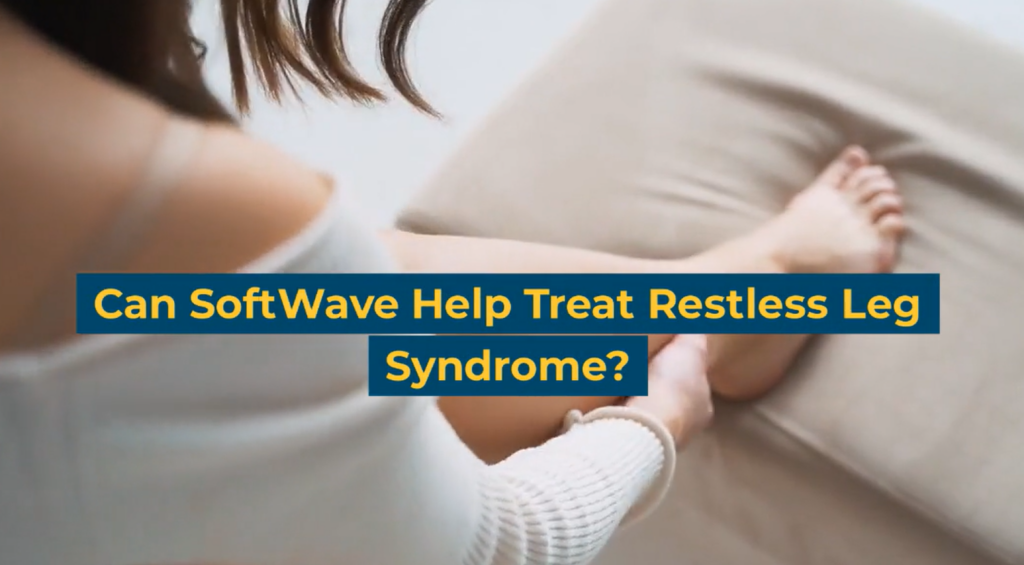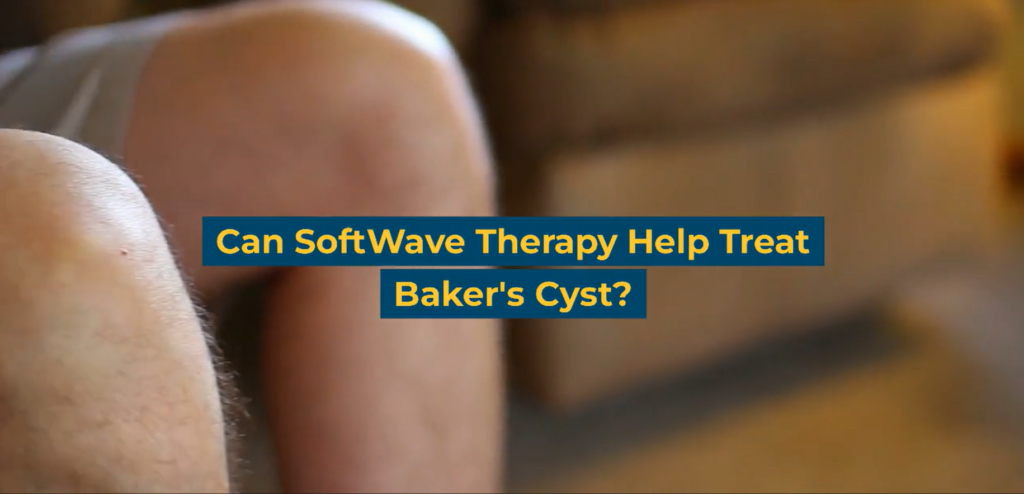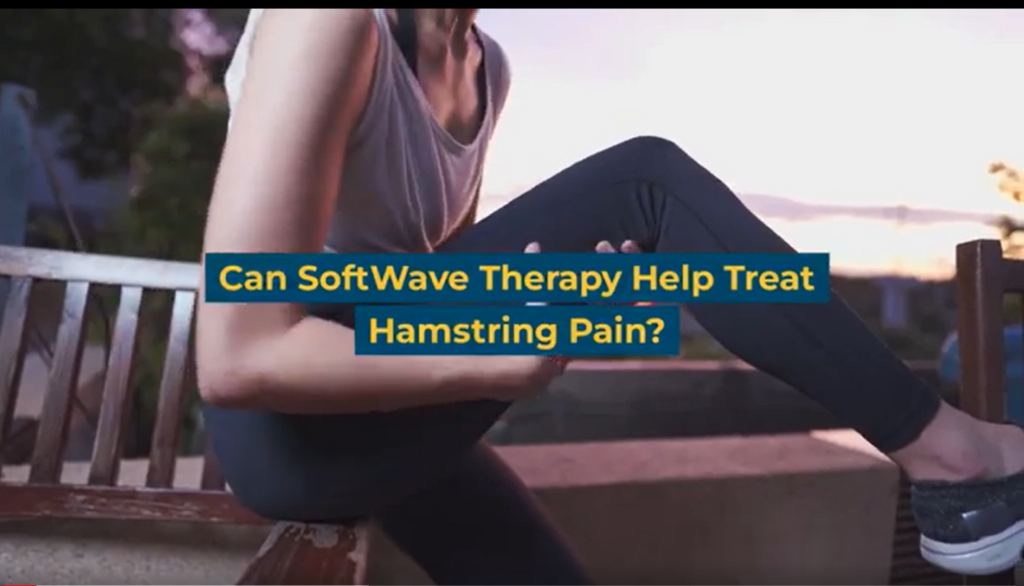Can SoftWave Therapy Help Post-Stroke Patients Improve Mobility?
Strokes can have a profound impact on a person’s mobility, making rehabilitation a crucial part of their recovery journey. SoftWave therapy emerged as a treatment option for improving mobility in post-stroke patients. This non-invasive therapy aids the recovery process and helps individuals regain their independence through post-stroke mobility improvement and enhanced rehabilitation outcomes.
New Patient Special
Try SoftWave for just $69 at a clinic near you and learn if you’re a candidate for full treatment
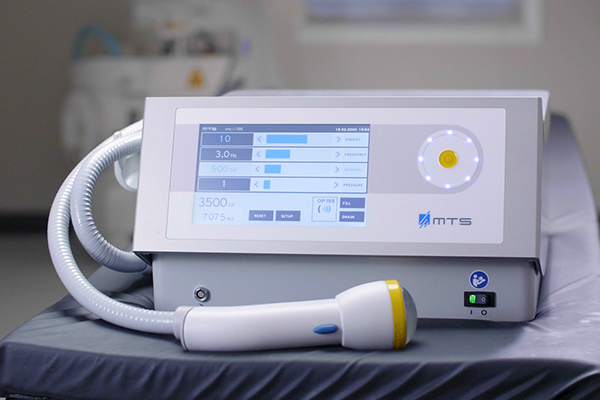
Understanding Stroke and Its Mobility Challenges
Stroke is a medical condition that occurs when the blood supply to the brain is disrupted, resulting in damage to brain cells. This disruption can happen due to a blood clot or a ruptured blood vessel. The effects of a stroke can vary depending on the severity and location of the brain damage, but one common challenge is the impact on mobility. Stroke survivors often experience difficulties with movement, coordination, and balance, which can significantly affect their ability to perform everyday tasks.
Mobility challenges after a stroke can range from muscle weakness and stiffness to partial or complete paralysis of one side of the body. This can make it difficult to walk, maintain balance, or perform simple activities like getting dressed or using the bathroom independently. Rehabilitation plays a crucial role in addressing these mobility challenges. Physical therapy, occupational therapy, and speech therapy are often used to help stroke survivors regain strength, coordination, and balance.
Importance of Rehabilitation in the Stroke Recovery Process
Rehabilitation plays a crucial role in post-stroke recovery, aiming to maximize functional independence and improve the overall quality of life. Rehabilitation professionals help patients regain strength, coordination, balance, and mobility through targeted exercises, therapies, and interventions. Rehabilitation also focuses on addressing specific challenges individuals face, such as gait abnormalities or muscle stiffness. The ultimate goal is to facilitate the relearning of skills and promote neuroplasticity, the brain’s ability to adapt and form new connections.
SoftWave Therapy for Post-Stroke Rehabilitation
SoftWave Therapy is a non-invasive treatment that utilizes high-energy acoustic waves to stimulate the body’s natural healing process. These waves are delivered to the targeted area, promoting increased blood circulation, tissue regeneration, and pain reduction. SoftWave Therapy harnesses the power of sound waves to enhance the body’s ability to heal itself, making it a promising treatment modality for post-stroke mobility improvement.
How SoftWave Therapy Works for Post-Stroke Mobility
SoftWave Therapy works by delivering low-intensity, broad-focused shockwaves to the affected area, which stimulates blood circulation and cellular activity. This promotes tissue regeneration, reduces inflammation, and helps with pain management. By targeting the underlying factors contributing to mobility challenges, SoftWave Therapy assists in restoring functional abilities. The therapy is non-invasive and well-tolerated by patients, making it a suitable option for individuals recovering from a stroke.
Research studies and clinical trials have explored the efficacy of SoftWave Therapy in post-stroke patients, and the results are positive. SoftWave Therapy has shown particular promise in promoting neurorehabilitation by stimulating neuroplasticity and facilitating the rewiring of damaged neural pathways. One study published in the Journal of Rehabilitation Medicine suggests that shockwave therapy can effectively reduce spasticity in post-stroke patients, providing a potential therapeutic option to improve their motor function and quality of life. Spasticity is a common complication following a stroke, leading to motor dysfunction and impacting a patient’s ability to perform daily activities.
Start Your Path to Recovery With SoftWave Therapy Today
SoftWave Therapy holds significant potential in helping post-stroke patients regain mobility and improve their overall quality of life. Through its non-invasive approach and ability to stimulate the body’s natural healing mechanisms, SoftWave Therapy can enhance rehabilitation outcomes. If you or a loved one are on the path to recovery after a stroke and seeking ways to regain mobility, consider exploring SoftWave Therapy as a part of your comprehensive rehabilitation plan.
Ready to explore SoftWave Therapy for post-stroke mobility improvement? Schedule an appointment with our SoftWave providers for your initial assessment and treatment.
Disclaimer: The information provided in this blog is for educational and informational purposes only and is not intended as a substitute for professional medical advice, diagnosis, or treatment. The content provided in this blog should not be used to diagnose or treat any health problems or illnesses. Always consult with a qualified healthcare professional before making any changes to your healthcare routine or treatment plan.
New Patient Special
Try SoftWave for just $69 at a clinic near you. No drugs. No surgery. Just relief.

